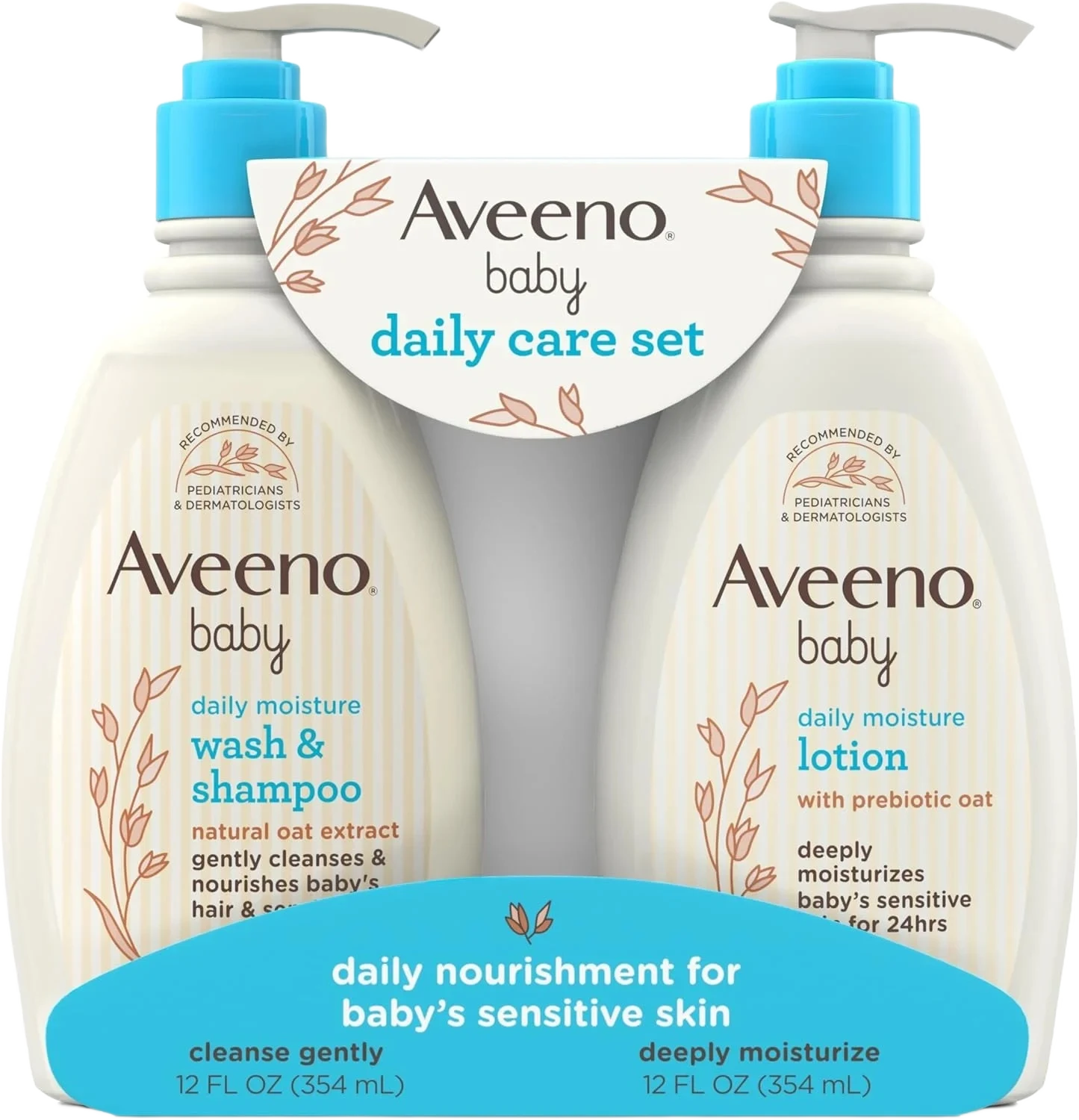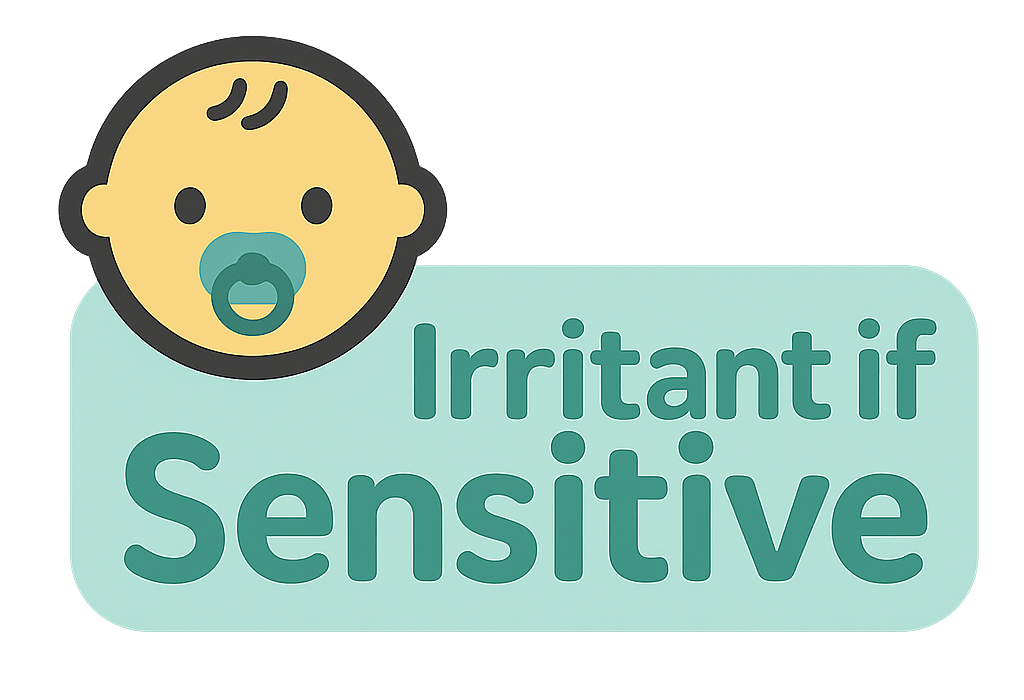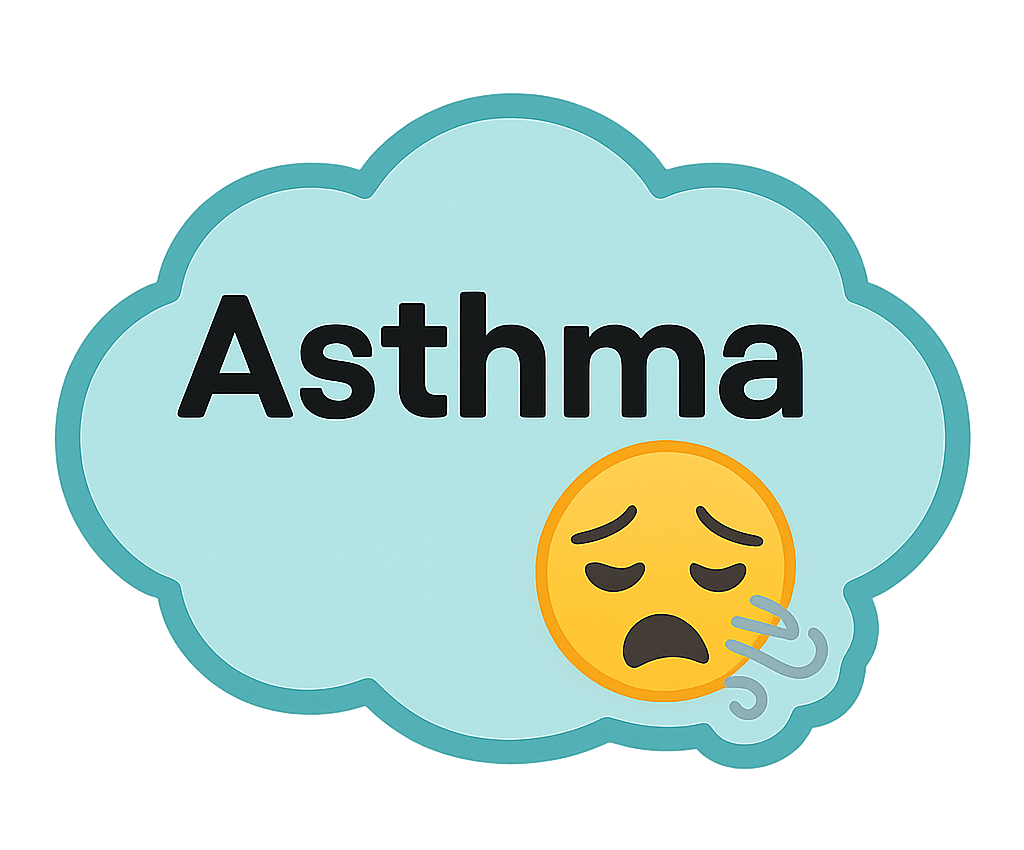Aveeno baby daily care set
shampoo & bodywash & conditioner • For 5+ year old children • Skin contact 🧴
Product Images
Product Photo

Tap to enlarge
Ingredient List

Tap to enlarge
Is this kid-friendly to use Aveeno baby daily care set?
Check for Different Age (6 available)
Ingredients Analysis (23 found)















Common Questions About Aveeno baby daily care set
Kid-approved? Aveeno baby daily care set
Use caution with Aveeno baby daily care set for 5+ year old children. Some ingredients may pose concerns.
What ingredients should I watch out for?
We analyzed 23 ingredients in Aveeno baby daily care set. 1 caution. Check the detailed analysis above for specific concerns.
When can kids start using shampoo & bodywash & conditioner?
The appropriate age depends on the specific ingredients. This analysis is for 5+ year old children. Use the age selector above to check other ages.
⚠️ Important Disclaimers
Product Recognition: Product names are identified programatically and may be incorrect. Always verify product identity yourself.
Safety Analysis: Evaluations are for research only - consult pediatricians for medical decisions. Do not rely solely on this analysis.
No Guarantees: Results may be incomplete or inaccurate. Do not rely solely on this analysis.